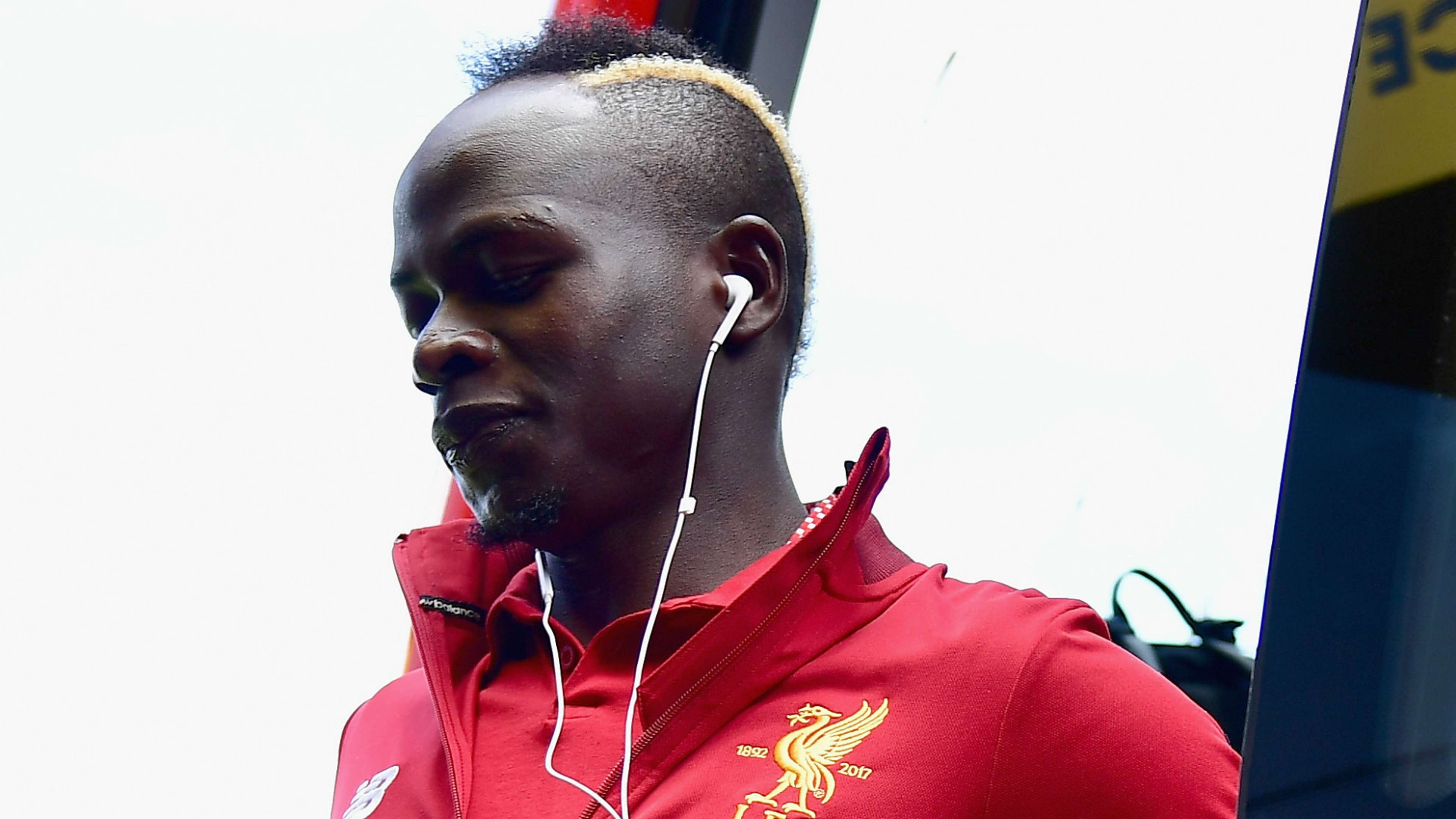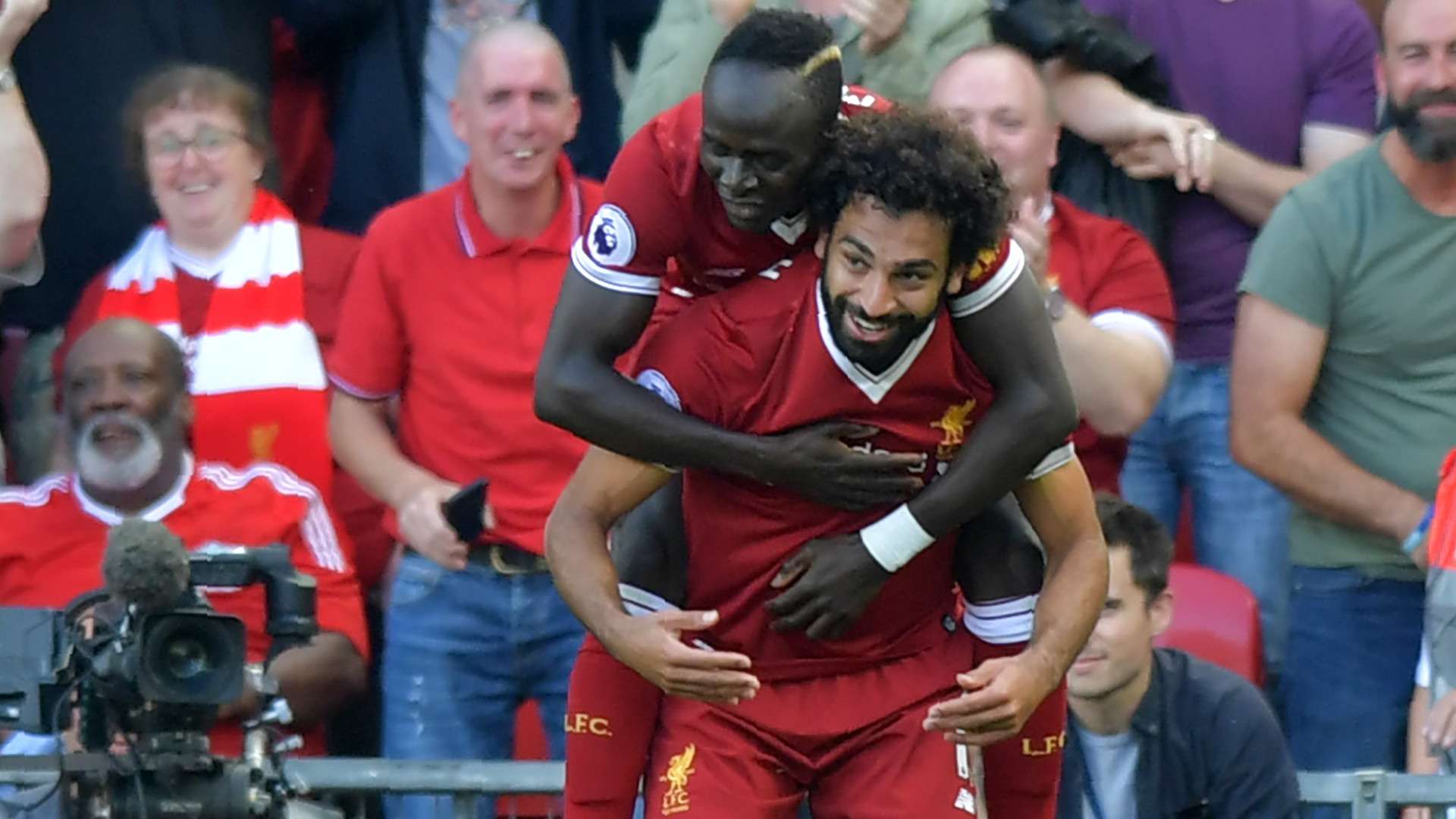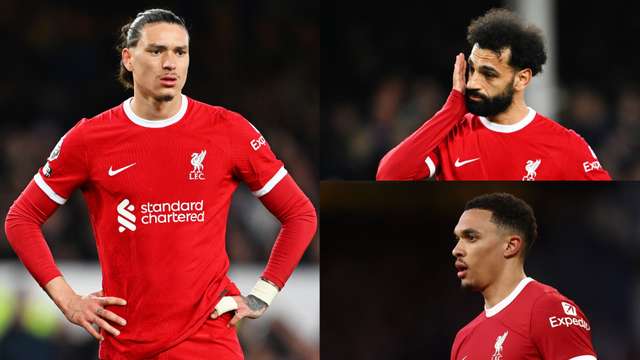SCIENCE OF FOOTBALL: KHATIJA BAHDUR
It’s that time of the year where fans discard the shirts bearing the names of players who left their favourite teams, rip up the posters, and conversations revolve around “how do you think so and so will adapt to playing” in whichever country it may be.
The money spent meanwhile, now leaves players with the high expectations of fans, club owners and coaches. They expect instant results and proof that the new players are worthy of the badge and price tag. But it isn’t as easy as moving, wearing a new shirt and adjusting immediately.
Football is a global game, and players are used to the nomadic lifestyle, new clubs, new cities, new languages, new football styles and cultures, new people all around; it might still be the game loved by all, but there is a lot of new when a player moves.
 Getty Images
Getty Images
Didier Drogba's career started with a stutter in France after being crippled by homesickness.
Every situation is different. Some players knew they were going to move, but might have had doubts about the destination. Some players might have come off a great season and were in high demand, and have moved to a club with high expectations, while others might have been comfortable where they were but were regarded surplus to requirements. Some may have got the move they always dreamed off, others may have secured any move they could get.
Regardless of the how and why, changing clubs involves life changes, which will impact on the person as a whole, not just the on-field performance of the individual.
The changes experienced with regards to football, socially and even culturally may result in physical and psychological distress.
When a player moves, they take their existing football habits and knowledge with them, but they must now apply these to a new environment.
In order to make a player fit in with his teammates a professional understanding must develop.
On the field, players need to adjust to their new team’s way of doing things. They need to work out communication cues on the field, and get used to different training methods.
There needs to be a sharing of team goals, and getting to know and understand each other and their roles and ability on the field.
 Getty
Getty
Jesus Navas suffered from servere anxiety and homesickness
Teams are like a family. Players spend lots of time together and a new player could feel like an outsider, not understanding the inside jokes and pranks. This is made even more difficult when the player speaks a different language.
The social culture of the team should be inclusive with players helping new teammates fit in, including them in team activities and helping them adjust to a new city.
Fans also play a vital role. While they don’t get to see the inner workings of integrating and socialising the player into the team, it is important that they show their support and patience with new players.
Fans and media often scrutinise the social habits of players. Their scrutiny is often related to on-field occurrences based on the snapshot they have obtained from the information made available.
When players move, they often leave friends and family behind or they barely see them given the football schedule these days. This leaves them to face the challenges without their core support structure.
This means that when life gets tough, the only connection they have with that support structure is achieved through technology and short visits which can often lead a player to feel lonely or isolated.
 Getty
Getty
To compensate for this, players may seek out unhealthy outlets and create a network based on the fame and celebrity that follows him rather than having people who will look out for their wellbeing.
Anyone who has moved to a new house, or even just to school understands the stresses associating with moving. Just packing up and picking what to take, what to leave and how to pack is stressful. That’s without even trying to figure out where the best place to live is and to find the perfect place to turn into a home.
Players have these same issues. They need to find a place where they could live comfortably. Those with families need to think of proximity to schools or the work places of their partners.
Often teams try to make the move easier, trying to advise players and having people assist with these annoying but necessary details. Players transition and adjust to the new city and team differently and it takes on average at least 11 months to adapt.
So, while fans are writing new names on their replica jerseys and cursing the ‘traitorous’ players who have left, all the players who have made a move are hard at work trying to adjust to their new world, all with the hope that this move will be a success.
 Getty
Getty
They may have left their friends and family behind, they may be wondering around strange cities and getting lost, having to get their bodies used to new types of food, unable to find their comfort food, creating schedules to stay in contact with those in different time zones and learning new languages and cultures.
Spare a thought for the player who took a decision to move to the club you support.
Think of the transition and difficulties he is going through and remember this when the player is still adjusting to his new team. He may be making amounts of money that are unimaginable to many but that does not change the fact that players are human and while the football stadium is his stage, he or she will still have to endure the challenges of real life.
Show you support and the player will be motivated to repay that faith with some great performances and giving you the bragging rights at the office.
This article is based on the article "The Impact of Homesickness on Elite Footballers" by Drs. Khatija Bahdur (South Africa) and Ricard Pruna (Barcelona)




